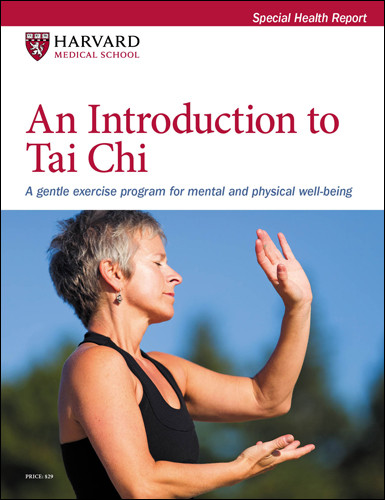Physical activity, the brain, and a possible link to better heart health
In the journals
- Reviewed by Howard E. LeWine, MD, Chief Medical Editor, Harvard Health Publishing; Editorial Advisory Board Member, Harvard Health Publishing

Although physical activity is closely linked to lower cardiovascular disease risk, the exact biologic mechanisms are still being discovered. Reduced stress-related nerve activity in the brain may play a role, according to a study published in the April 2024 issue of the Journal of the American College of Cardiology.
Researchers asked about 46,000 healthy individuals to complete a physical activity survey and be screened for depression. Within this group, 774 people also had brain imaging tests and measurements of stress-related brain activity. Over the following 10 years, participants who met the guidelines of 150 minutes of weekly moderate-intensity exercise or 75 minutes of vigorous-intensity exercise had a 23% lower risk of developing cardiovascular disease than those who exercised less.
When the researchers looked at people who'd had brain imaging, they found that those who engaged in high levels of physical activity also had the least stress-related brain activity. They also noted that among those with depression, physical activity was especially effective in lowering cardiovascular disease risk. These findings suggest that a reduction in the brain's response to stress is one mechanism by which more activity contributes to better cardiovascular health.
Image: © FatCamera/Getty Images
About the Author

Matthew Solan, Executive Editor, Harvard Men's Health Watch
About the Reviewer

Howard E. LeWine, MD, Chief Medical Editor, Harvard Health Publishing; Editorial Advisory Board Member, Harvard Health Publishing
Disclaimer:
As a service to our readers, Harvard Health Publishing provides access to our library of archived content. Please note the date of last review or update on all articles.
No content on this site, regardless of date, should ever be used as a substitute for direct medical advice from your doctor or other qualified clinician.
















